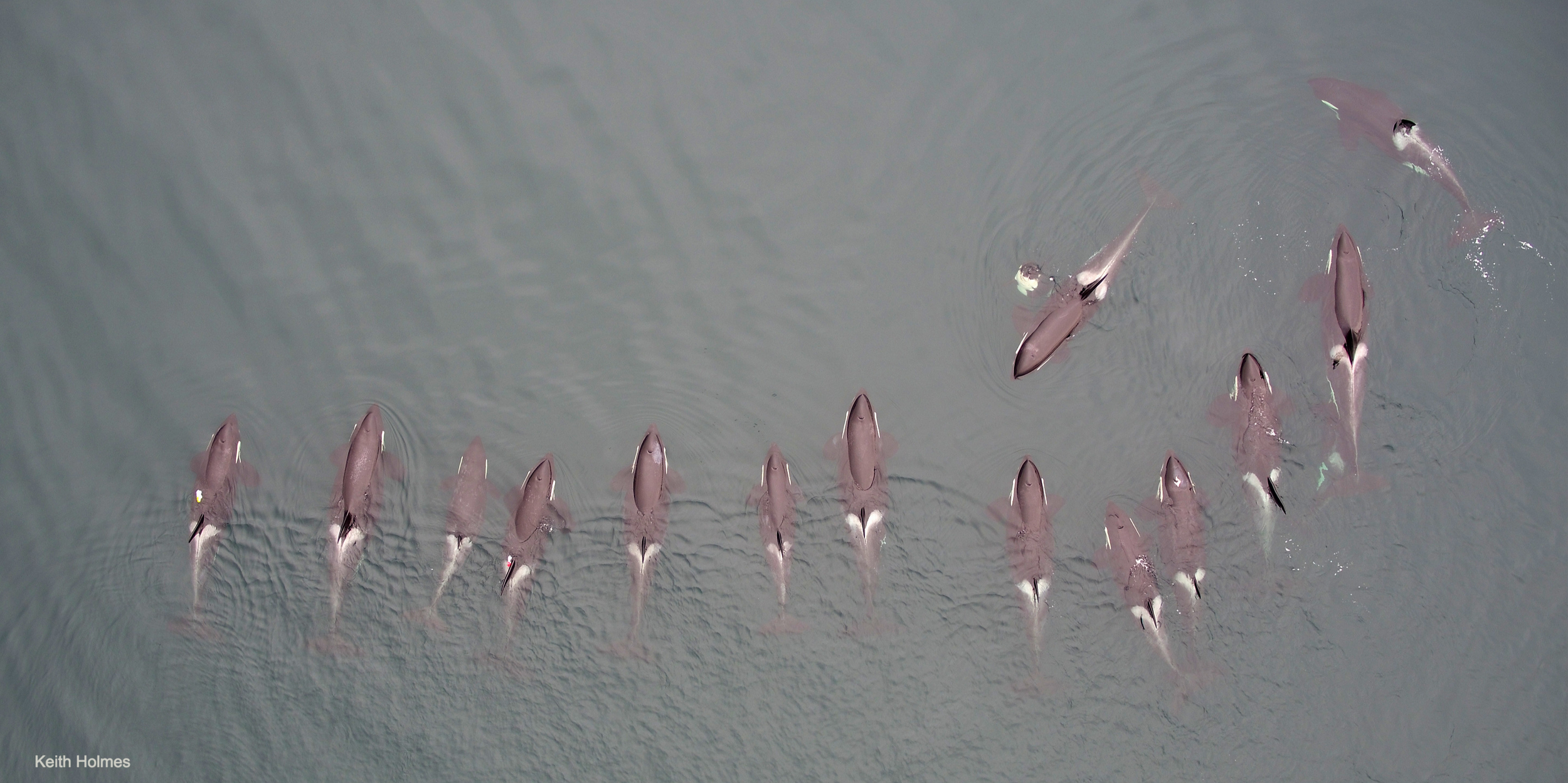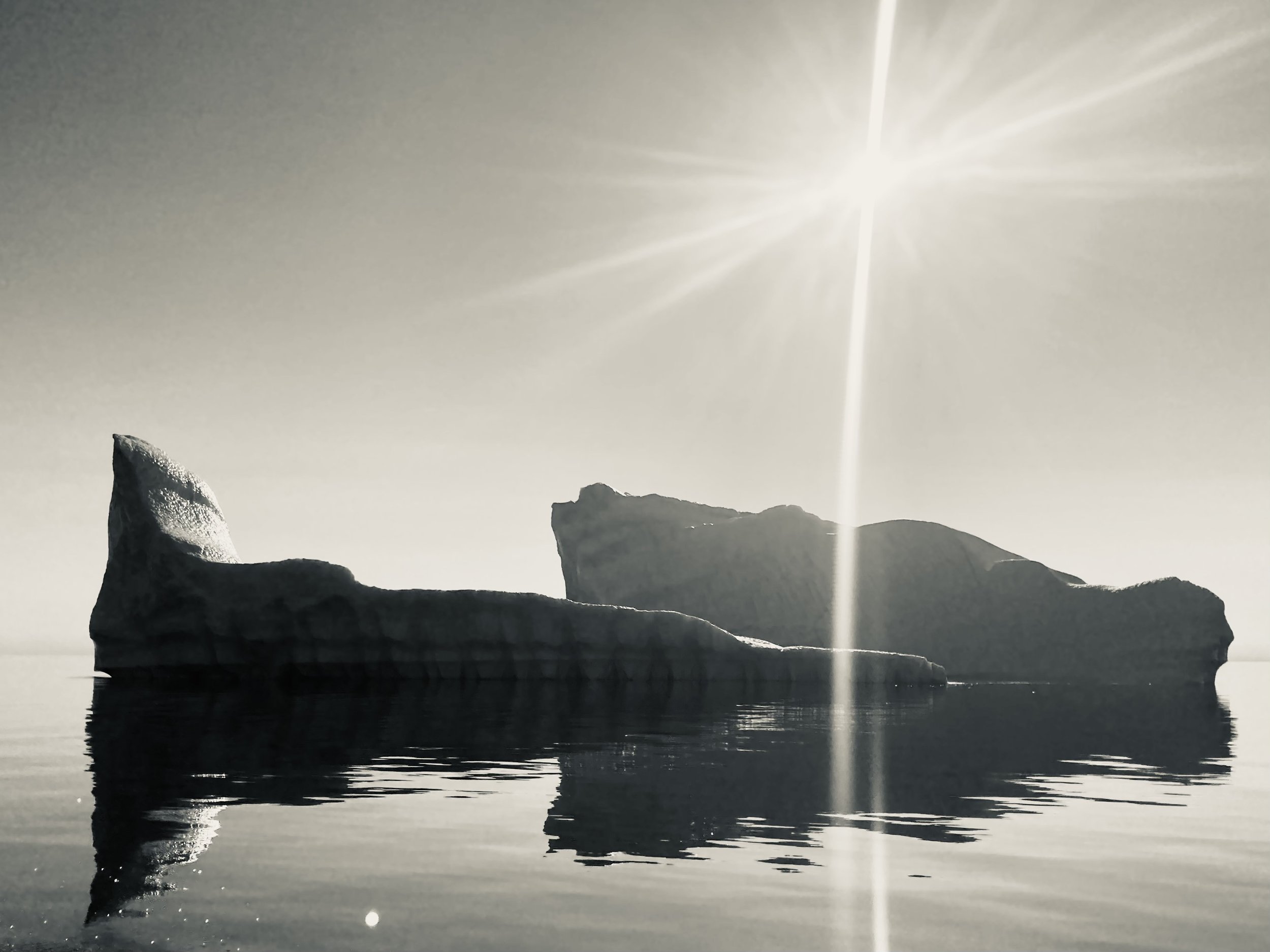Whale Ecology & Conservation in Canada
We’re fascinated by marine life—big and small. Understanding how some of the largest animals on earth (whales) make a living by feeding on some of the smallest organisms (zooplankton) is what we do best.
The world’s oceans are experiencing pronounced changes
As the world’s oceans continue to warm, sea ice is lost and important current systems alter course, reductions in marine biodiversity are expected. Already researchers are noting pervasive shifts in the distribution, abundance and composition of zooplankton. Although zooplankton are nearly microscopic organisms (about the size of a grain of rice) they are an important food source for fish and marine mammals. At the same time, human activities are increasing–particularly in the Arctic Ocean. However, how changes in low trophic organisms like zooplankton may scale up to higher trophic species such as toothed and baleen whales is poorly understood. To help answer this gap in knowledge, we study both the movement and behaviour of whales and the prey field conditions they encounter.
Research
Leading studies in temperate and Arctic environments, The Fortune Lab is highly interdisciplinary and combines biological and physical oceanography with ecology and physiology to answer conservation-oriented questions.
Based in the Department of Oceanography at Dalhousie University (Halifax, Nova Scotia), we collaborate with universities, government, industry and indigenous communities.
Utilizing empirical, remotely sensed and modelled data, our research is broadly focused on understanding the impacts of environmental variability on large whales and their prey.
To tackle this research, we focus on 1) studying whale behaviour and movement using multi-scale tags; 2) collecting oceanographic data about the biophysical environment; and 3) assessing the impact of disturbance (e.g., new predators, altered feeding conditions, human threats).
Our research takes us to across temperate and Arctic areas. Here’s a look at some of the species we’re studying:

Based in the Department of Oceanography at Dalhousie University (Halifax, Nova Scotia), The Fortune Whale Lab collaborate with universities, government, industry and indigenous communities.
Leading studies in temperate and Arctic environments, our research is highly interdisciplinary and combines biological and physical oceanography with ecology and physiology to answer conservation-oriented questions.










